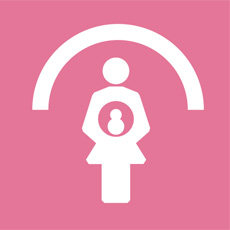Cost-effectiveness of an ambulance-based referral system for emergency obstetrical and neonatal care in rural Ethiopia
The study’s scope was to assess the cost-effectiveness of a referral system based on the use of ambulances for obstetric emergencies and neonatal care in remote, rural settings of sub-Saharan Africa. The study was conducted in the Oromiya Region of Ethiopia, evaluating the effectiveness and actual cost of all obstetric cases transferred to the hospital

- Author: Accorsi S., Somigliana E., Solomon H., Ademe T., Woldegebriel J., Almaz B., Zemedu M., Manenti F., Tibebe A., Farese P., Seifu A., Menozzi S., Putoto G.
- Published on: BMC Pregnancy and Childbirth, 2017 July
- Research country: Ethiopia
- READ ARTICLE »
The study’s scope was to assess the cost-effectiveness of a referral system based on the use of ambulances for obstetric emergencies and neonatal care in remote, rural settings of sub-Saharan Africa. The study was conducted in the Oromiya Region of Ethiopia, evaluating the effectiveness and actual cost of all obstetric cases transferred to the hospital by ambulance. Pre and post-referral costs included those required to run the ambulance service and the additional costs necessary for the assistance in the hospital.
A total of 111 ambulance referrals were recorded. The ambulance was undoubtedly effective for 9 women and 4 newborns, corresponding to 336 years saved. The total cost was $8,299 and the cost per year of life saved was $24.7, far below the benchmarks of $150 and $30 that define attractive and very attractive interventions.
Analysis of the numbers of effective transfers, ambulance costs, and actual implementation of referral system and the results achieved confirmed that it is an effective, highly cost-effective resource for limited-resource countries.
Advanced search
Refine your search using the filters below.
Research collections
Download papers, abstracts and posters on CUAMM's activities in Africa.